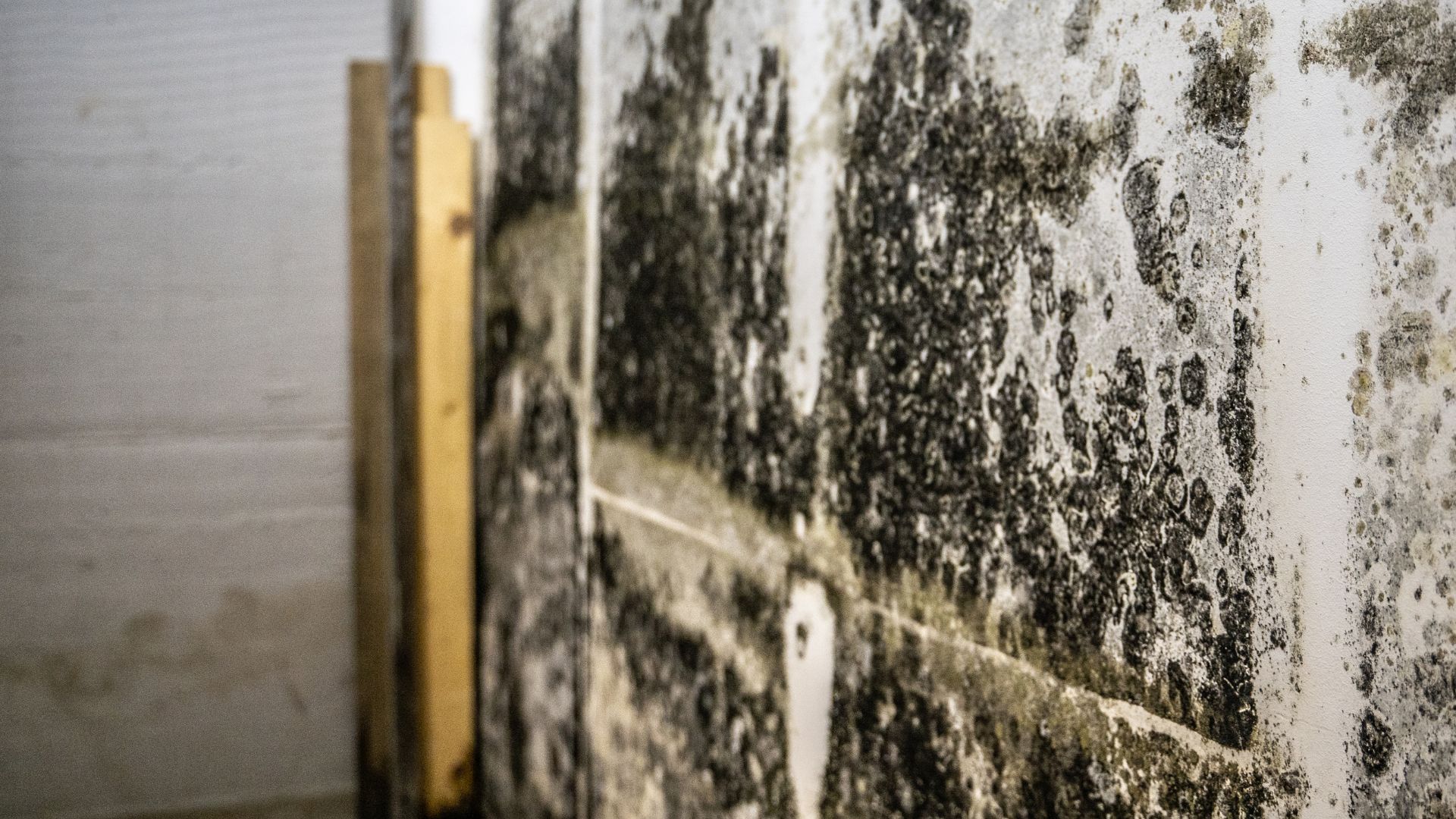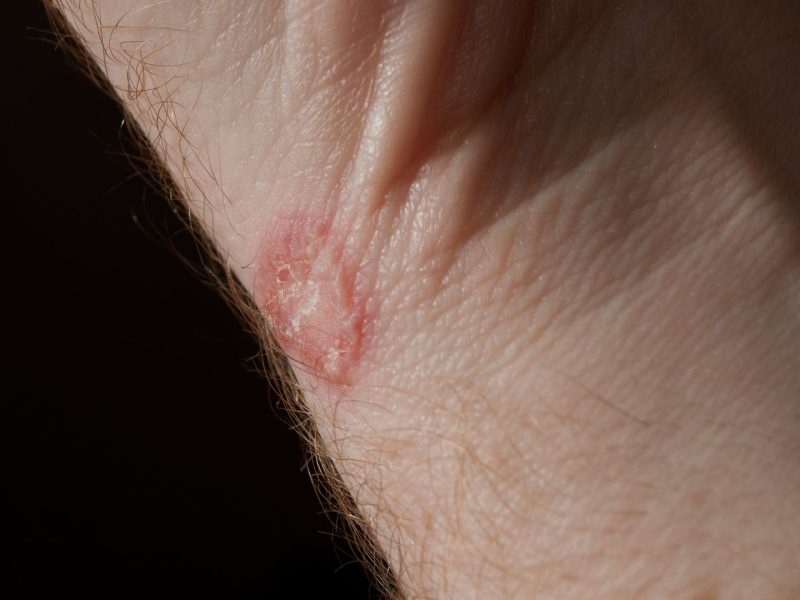Living in a home with black mold is like having an unwelcome houseguest that secretly makes you sick. As someone who’s dealt with mold remediation in hundreds of homes, I’ve seen firsthand how this toxic invader can impact families’ health and well-being.
What Exactly Is Black Mold?
Black mold, scientifically known as Stachybotrys chartarum, is a greenish-black fungus that thrives in damp, humid environments. While not all black-colored molds are toxic, this particular species can produce harmful compounds called mycotoxins that pose serious health risks.
Health Impacts You Can’t Ignore
Respiratory Problems
The most common effects of black mold exposure start in your respiratory system. Many of my clients initially dismiss their chronic coughing or stuffy nose as seasonal allergies, only to discover mold hiding behind their walls. These symptoms often worsen over time and can develop into more serious conditions like bronchitis or asthma.
Neurological Effects
What many people don’t realize is that black mold can affect your brain. Exposure may lead to:
- Persistent headaches
- Difficulty concentrating
- Memory problems
- Mood changes
- Anxiety and depression
Special Risk Groups
While everyone should be concerned about black mold, certain groups face higher risks:
- Infants and young children
- Elderly individuals
- People with compromised immune systems
- Those with existing respiratory conditions
- Pregnant women
Warning Signs Your Home May Have Black Mold
Trust your nose – that musty, earthy smell isn’t just “old house odor.” Other signs include:
- Water stains on walls or ceilings
- Peeling wallpaper
- Warped wood
- Persistent condensation on windows
- Recent water damage or flooding
Taking Action: What You Can Do
Prevention is always better than cure. Here’s how to protect your home and family:
- Control humidity levels (keep them below 60%)
- Fix leaks immediately
- Ensure proper ventilation in bathrooms and kitchens
- Use dehumidifiers in basement areas
- Schedule regular home inspections
If you suspect black mold, don’t wait. Small problems can quickly become major health hazards. While minor cases might be handleable with proper protective equipment, extensive mold problems require professional remediation.
When to Call a Professional
Contact a certified mold inspector if:
- The affected area is larger than 10 square feet
- You smell mold but can’t find the source
- Family members experience unexplained health issues
- You’ve had recent water damage
- You have underlying health conditions
Black mold isn’t just an unsightly problem – it’s a serious health concern that deserves immediate attention. Don’t let this silent threat compromise your family’s health and well-being.



